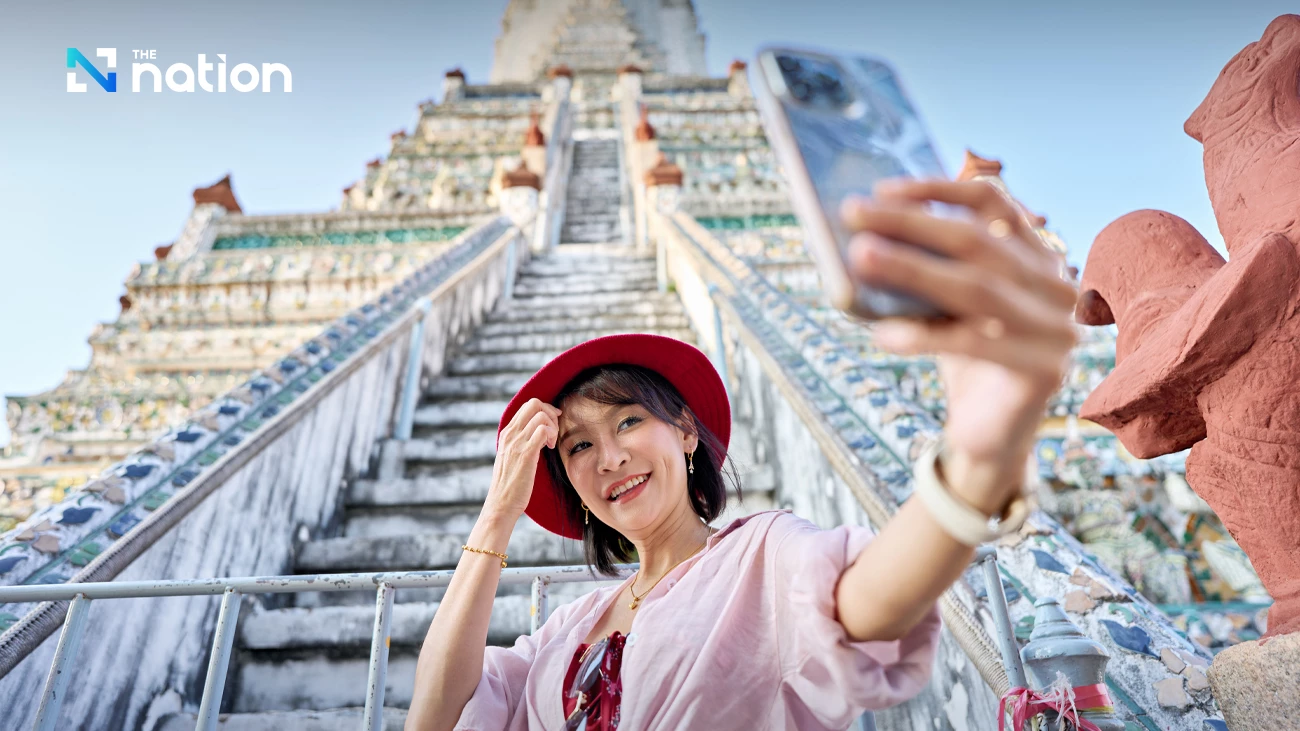Safety is key; Nihao Month launched
Chuwit Sirivejkul, TAT regional director for East Asia marketing, said China now seeks genuine reassurances from Thailand, rather than blanket claims of complete safety.
“Chinese travellers have a deep affection for Thailand, but they want honesty. They already know no destination is 100% safe,” he said, adding that government messaging should avoid contradictions and that negative news should be minimised.
Strengthening G2G ties and personal-level connections remains crucial, as Chinese audiences see almost every piece of Thai news online.
In the latter half of this year, ahead of the 50th anniversary of Thailand–China diplomatic relations in 2025, multiple initiatives will be rolled out. These include the ‘Nihao Month’ campaign in October and cooperation with Chinese cities to cross-promote tourism via their official channels, capitalising on the high trust Chinese citizens place in state media.
Currently, Chinese visitors to Thailand are largely affluent, with average spending per trip rising to about 52,000 baht, up from 47,000–48,000 baht. TAT plans to boost user-generated content from everyday travellers, as Chinese consumers can easily spot paid influencer endorsements.

CAAT seeks one-year slot flexibility from China
The downturn in Chinese tourism is also affecting airlines. Civil Aviation Authority of Thailand (CAAT) director Air Chief Marshal Manat Chavanaprayoon said the market remains subdued due to safety concerns and changes in Chinese travel behaviour, with a greater focus on domestic tourism.
CAAT is negotiating with Chinese authorities for a one-year relaxation of slot usage rules, allowing Thai airlines to temporarily redeploy aircraft to other key markets to offset the slowdown.
Despite fewer Chinese tourists, arrivals from regions such as the Middle East and ASEAN have increased.
CAAT hopes Chinese arrivals will pick up during the high season at the end of the year and is focusing on attracting more high-spending travellers from China.

